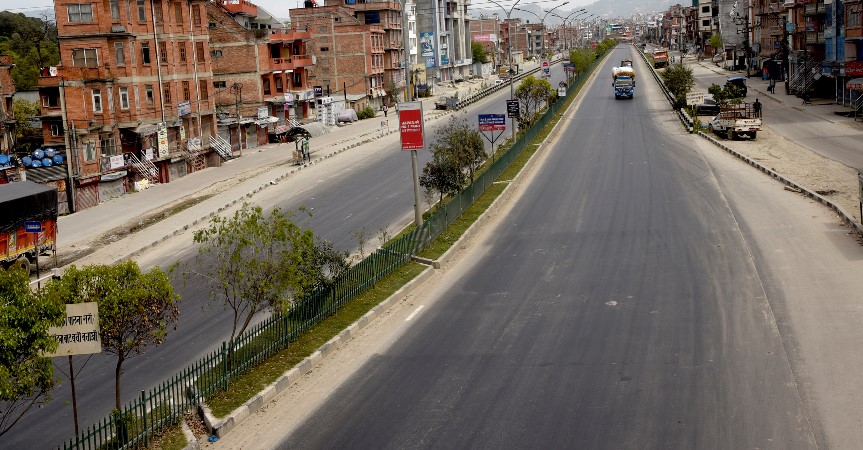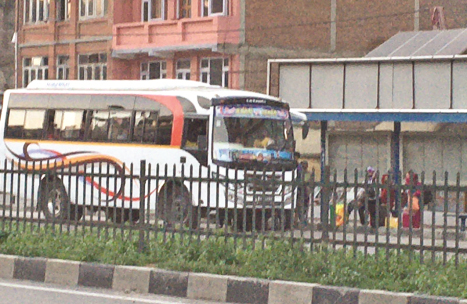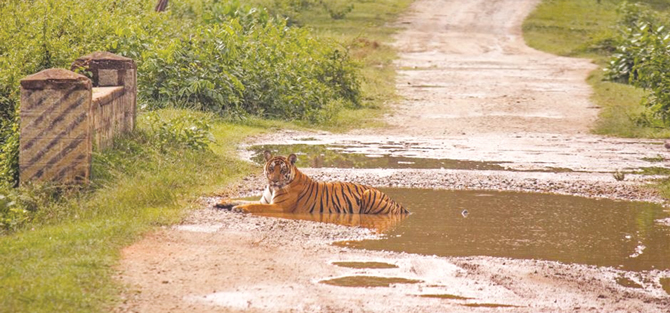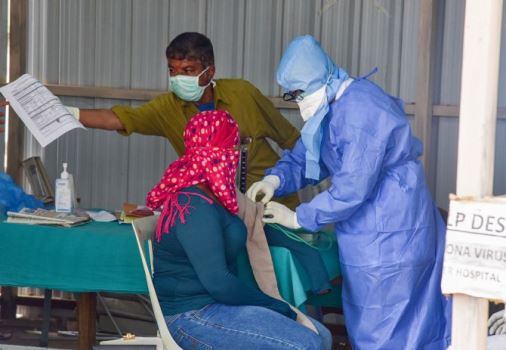Biodiversity provides lifeline and human support system

By Indira Aryal
Kathmandu, June 5: This year’s World Environment Day (WED), which is being celebrated on Friday (June 5) with the theme “Celebrate Bio-diversity,” has aptly accentuated the fact that biodiversity provides essential lifeline and destruction of biodiversity affects the human support system.
According to the United Nations, it is estimated that globally about 75 per cent of all emerging infectious diseases in humans are zoonotic, that are transmitted to people from animals. This year’s WED aims to draw attention of people to conserve biodiversity as tens of thousands of species are facing extinction.
Experts in Nepal also have raised environmental concerns over anthropogenic activities, which have resulted in the loss and degradation of natural habitats, illegal wildlife trade and human-wildlife conflict.
Indu Bikram Joshi, Acting Director General at the Department of Environment, said that Nepal government is gravely concerned about the issue of biodiversity as it is directly related to livelihood and economic well-being of the people.
“We need to work to protect biodiversity to protect the environment. The whole world has come together, and Nepal should also play its part,” Joshi said.
Environmentalist Bhusan Tuladhar stressed that humans should change their lifestyle and make it environment friendly.
Tuladhar said that there are still challenges to protect biodiversity, but everyone should understand that every single species has a role to play to keep the nature healthy and intact.
“The foods we eat, the air we breathe, the water we drink and the climate that makes our planet habitable all come from nature,” he added.
Tuladhar related the present coronavirus pandemic to the environmental problems already faced. He emphasised that protection of the environment is needed for both people and the planet where various germs such as coronavirus have a connection with environmental problems.
Earlier people believed that they suffered from communicable disease due to air pollution but now the trend has changed. A large number of people are suffering from non-communicable diseases and that is mainly due to pollution. Air pollution impacts more elderly citizens and children than the young ones, added Tuladhar.
Air pollution is causing heart diseases, lung infection, COPD, cancer and so many
non-communicable diseases around the world.
“Nature has warned us about the need of environmental conservation. Now the time has come for everybody to protect it for the future generations”, he said.
Indu Bikram Joshi added that the trend of purchasing diesel-fueled vehicles should be discouraged and older public vehicles should be removed from the Kathmandu Valley to improve its air quality.
“Emissions from diesel-powered vehicles are more hazardous than petrol-powered ones. Also diesel vehicles also outnumber petrol vehicles. The emissions may affect biodiversity in the long-run," Joshi said. The practice of marking WED began in 1974 and over 140 countries mark the day by organising different awareness programmes.
Recent News

Do not make expressions casting dout on election: EC
14 Apr, 2022
CM Bhatta says may New Year 2079 BS inspire positive thinking
14 Apr, 2022
Three new cases, 44 recoveries in 24 hours
14 Apr, 2022
689 climbers of 84 teams so far acquire permits for climbing various peaks this spring season
14 Apr, 2022
How the rising cost of living crisis is impacting Nepal
14 Apr, 2022
US military confirms an interstellar meteor collided with Earth
14 Apr, 2022
Valneva Covid vaccine approved for use in UK
14 Apr, 2022
Chair Prachanda highlights need of unity among Maoist, Communist forces
14 Apr, 2022
Ranbir Kapoor and Alia Bhatt: Bollywood toasts star couple on wedding
14 Apr, 2022
President Bhandari confers decorations (Photo Feature)
14 Apr, 2022









